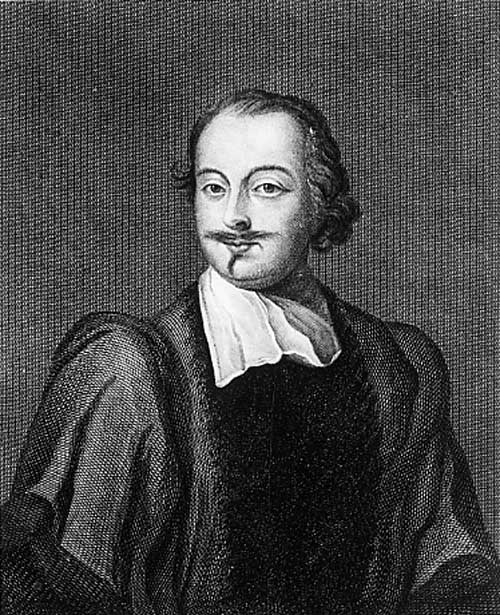

There are a few harrowing scenes that indeed offer a fresh, original tasting of familiar SF tropes – but reinventing space opera this is not, also because it simply isn’t fully space opera: Light is a lot of things. On top of that, there are quite a lot of dream sequences. Harrison also adds small horror components here and there, and manages to insert baffling, bizarre moments in a believable and poetic way. The 3 storylines – one in the present, 2 in 2400 – ultimately connect, and all plot questions are solved. The technology might not be as clear as in most hard SF, but the overall story is. That’s not a problem, it didn’t bother Trekkies either. There’s a bit of quantum techno babble, and – just as in Ninefox Gambit – it’s totally unclear what is going on technologically. I’d say this book feels a bit like a cross between his work and Neuromancer. That’s not to say Harrison doesn’t have an own voice – he does have something original to offer – but the combination of the weird, the sci-fantastic and the more traditionally literary is not unseen. For my money, Light falls firmly in the Wolfean school of sci-fi: it didn’t feel all that new or reinvented. Light is catalogued as space opera, and Harrision “reinvents” it, according to Wikipedia. In the meantime, let me try to convey the atmosphere of Light. So I’ll get back to you in a couple of years on that Nobel prize. I also bought Viriconium – a fantasy series of novels and stories started in 1972 and finished in 1985. The same goes for The Centauri Device – a stand-alone space opera title published in 1974. But after reading Light, I’ll finish the entire trilogy. All three books are quite different, and Light can easily be read as a standalone novel.ĭo I agree with Mièville? I’m not sure, and besides, I’ve only read this one book. The trilogy is also known as the Empty Space trilogy – Empty Space being the title of the last book, published in 2012.

It won the Triptree award, and its sequel Nova Swing won the Clarke and the PKD. Light is the first of three connected books – The Kefahuchi Tract trilogy. And yes, he writes fantasy and sf, though of a form, scale and brilliance that it shames not only the rest of the field, but most modern fiction.” Austere, unflinching and desperately moving, he is one of the very great writers alive today. John Harrison is not a Nobel laureate proves the bankruptcy of the literary establishment. China Miéville has said the following about Micheal John Harrison: “That M.


 0 kommentar(er)
0 kommentar(er)
